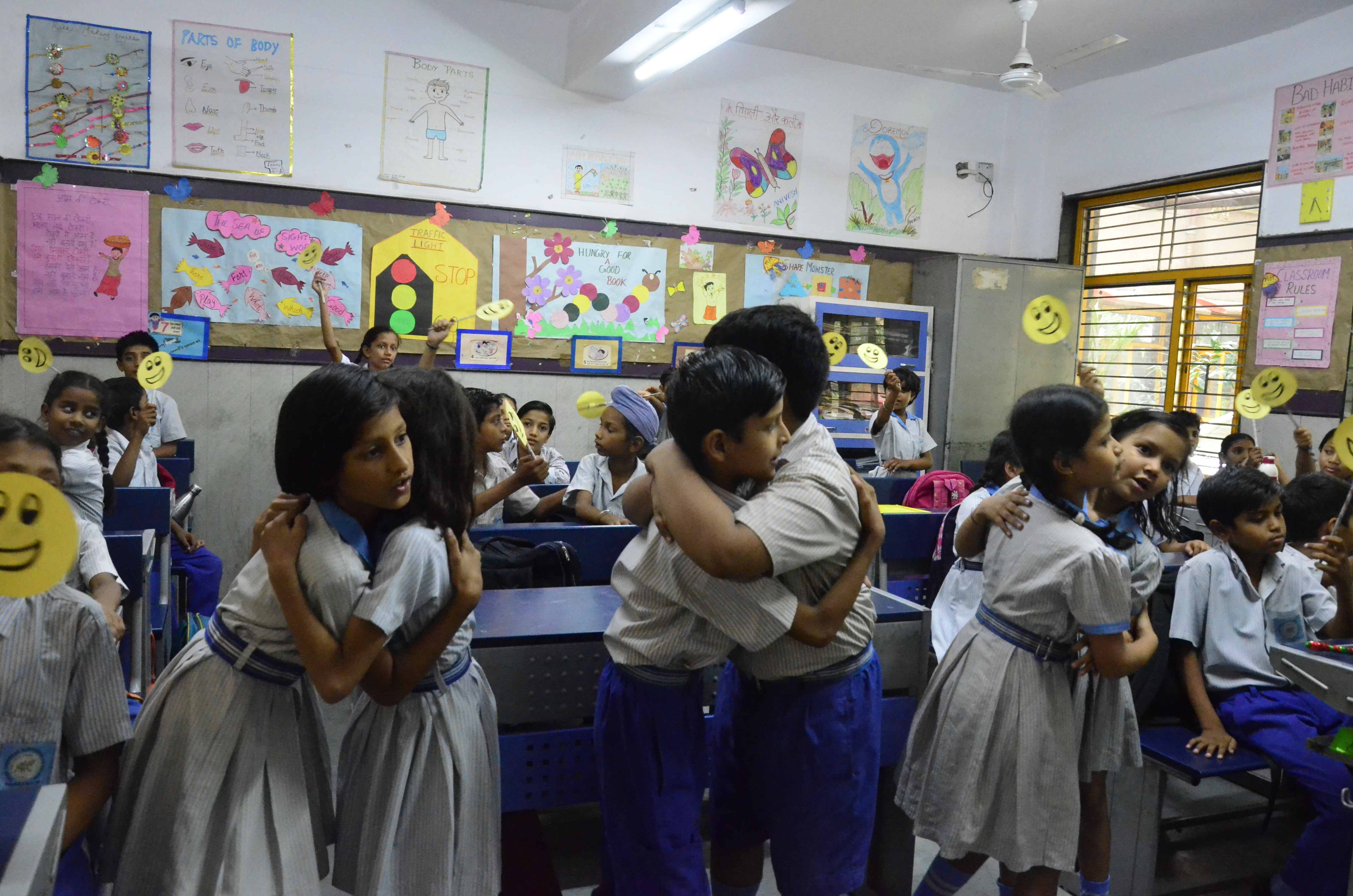I embarked on my career as an educationist, working with students across various levels, from Primary and middle school to college. However, the importance of social-emotional learning dawned upon me when I attended an Early Childhood Care Education training program initiated by UNICEF and hosted in NCERT, New Delhi. This thematic training comprehensively covered the whole aspect of life from Birth to Early childhood. It underscored that the foundation of social-emotional learning is laid even before birth, within the mother’s womb, and continues to evolve through a baby’s cries, which contribute to brain development. Over 85% of a child’s cumulative brain development occurs prior to the age of 6 (NEP,2020).
Socialisation is the key aspect of Social Emotional Learning as it impacts a child’s development in confidence, self-esteem and personality. And it varies from society to society. Through life experiences and oral history, I have come to understand that the Nagas possessed well-developed social-emotional skills. The Naga community is renowned for its empathetic and peace-loving nature, forged through a close-knit society based on similar beliefs and historical security needs. The nature of ‘peace-loving’ has generated a lot of knowledge such as humility, love for one another and a sense of being empathetic to one another, that the Naga children learned to live in peace with one another. Social concerns such as the well-being of others and fulfilling one’s duty constitute a dominant part of achievement goals, with social skills such as respecting elders or helping others constituting the salient means of achieving these goals (Dalal et al. 1988)
In the ancient Naga society, children would be encouraged to mix with people rather than isolate themselves from social life for social and emotional well-being. Consequently, individuals turned to nature to alleviate anxiety and stress, seeking solace by fetching water in spring wells surrounded by lush trees and the soothing sounds of chirping birds. This practice served as a natural and effective method for calming the mind, contributing to the development of a refined healing system. Alternatively, individuals would take leisurely walks, engage in conversations with passers-by, or participate in group activities to find solace. Social communication and connection were integral to their way of life. In this context, Nagas practiced social psychology rather than self-psychology.
During the British colonial regime, its educational policy systematically marginalised the Naga indigenous traditional knowledge. It isolated the Naga traditions and indigenous knowledge from the mainstream academic world. More recently, the tribal and kindred folk from the rural hinterland in India have experienced immense social upheaval brought about by their exposure to remote worldviews. In the transition from traditional to modern societies with access to imported products, mass media and new communication technology, traditional storytelling has lost momentum, and it is usurped by popular television, the internet and mobile communication technology (Ningthouja 2013). When oral traditions cease to be passed down, the stories vanish and simultaneously tribal identities are progressively destabilised (Grenier 1998) so that the younger generation presupposes that their own culture is outdated and consigned to the past. Since the colonial era, the native was widely considered to be immature and incapable of contributing to knowledge. The lack of cultural linkage with the modern education system, however, would drastically curtail the potential of Naga indigenous education research. Of late, it is increasingly realized that culture needs to be treated as an integral part of the education process. With the modern advancement of science and technology, indigenous knowledge is put in danger of extinction. The modern education system stands as one of several factors contributing to the erosion of our cherished values including unity, compassion, empathy and a sense of connectedness, primarily because it emphasizes literary achievements while giving limited attention to social-emotional learning. It is imperative that we undertake a comprehensive reorientation of our educational approach, prioritising social-emotional learning.
Fortunately, there is a ray of hope with the forthcoming new state curriculum framework in the Guidance Psychological Counselling. This framework, which is yet to be released, placed a strong emphasize on infusion of social-emotional learning within the context of our cultural and traditional values. It seeks to impart skills for managing emotions through traditional games and sports, fostering a more holistic and culturally grounded approach to education. Additionally, the
intervention of organisations like Dream a Dream plays a pivotal role in nurturing state-specific social-emotional learning, equipping individuals to thrive in our rapidly changing world.
As we strive to attain excellence across various fields of education, it is equally vital that we uphold our traditional values. We must never forsake our cultural roots. Our mission is to advance our society sustainably while preserving our core cultural values, as underscored by the National Education Policy (NEP) 2020. We must use this policy to promote our indigenous knowledge rather than destroying ourselves, trying to be modern. Modern education and the Naga traditional Indigenous knowledge must coexist to strengthen one another, to refine skills, create a knowledge society and increase the productivity of the local economy.
About the Author: Dr. Zavise Rume is a Ph.D, Professor, SCERT, Nagaland Kohima & President, Nagaland Education Association, Kohima & State Convenor, Indian School Psychology Association (InSPA).


